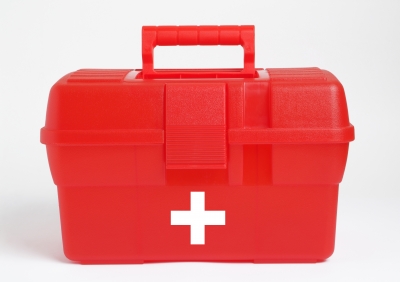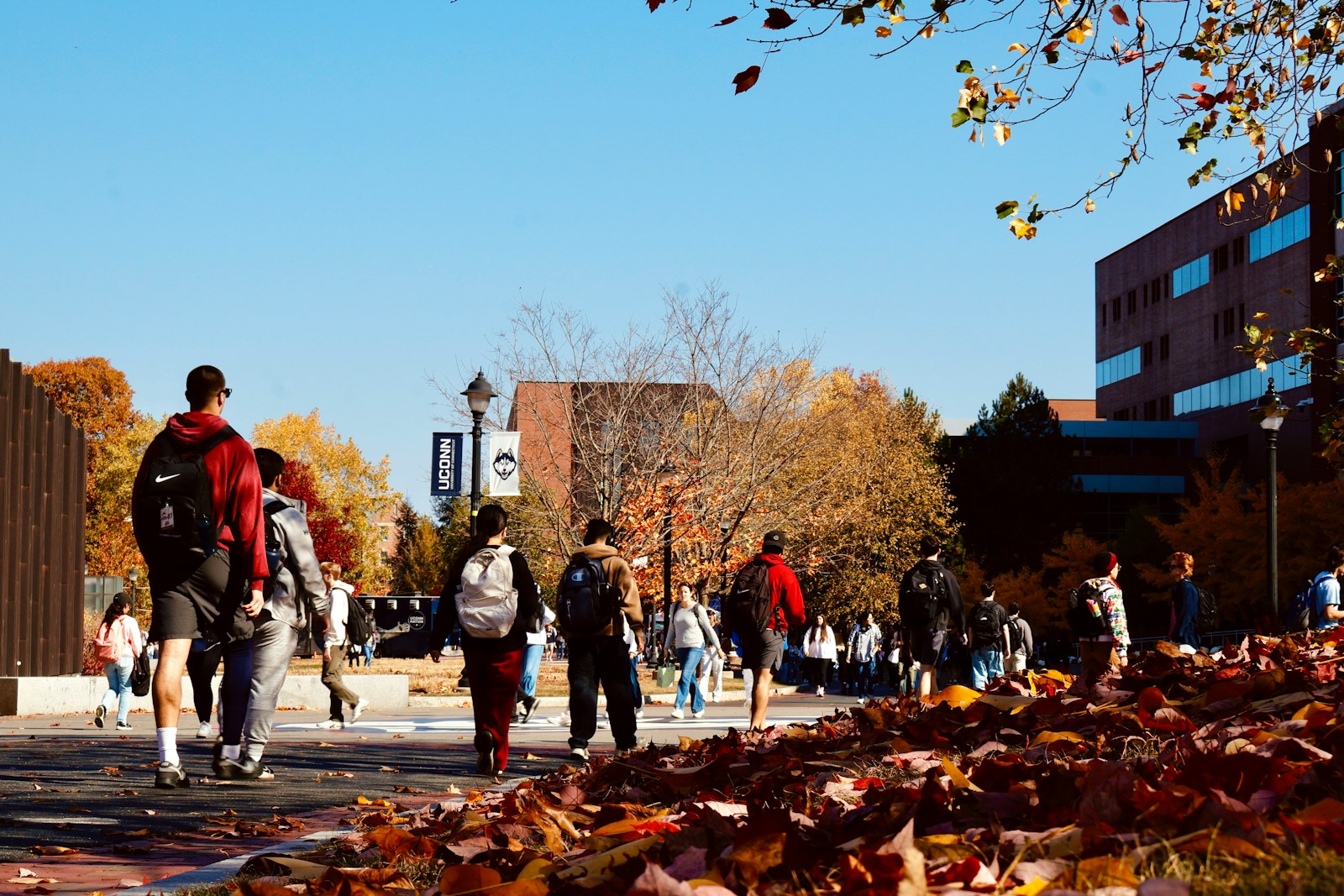What happened in the Boston area in the aftermath of the bombings was a terrifying time. Many were on lockdown for days as law enforcement officers searched for the suspects.

What we can learn from this is that a disaster or an emergency can happen in any city at any time. You never know when you will be put in the face of danger after little to no warning. While we can’t predict what will happen when (or where), you can prepare for the worst.
Many of us rely on our parents to keep us safe and to have preparations in place for an emergency or disaster, but if you go to school in a different city, you need to be prepare yourself because your parents may not be able to help and/or get in touch with you.
Each type of disaster, whether natural or man-made, presents different problems, but there are some basic things you can do to keep yourself safe.
Build a kit
One of the most important steps you need to take is preparing a kit to keep you and your roommates safe in case you are not able to leave your home immediately.
Ready.gov, a Federal Emergency Management Agency resource, recommends that you gather the following items for your kit:
- Water, one gallon of water per person per day, for drinking and sanitation
- Food, at least a three-day supply of non-perishable food
- Battery-powered radio and a NOAA Weather Radio with tone alert, and extra batteries for both
- Flashlight and extra batteries
- First Aid kit
- Whistle to signal for help
- Moist towelettes, garbage bags and plastic ties for personal sanitation
- Dust mask or cotton t-shirt, to help filter the air
- Plastic sheeting and duct tape to shelter-in-place
- Wrench or pliers to turn off utilities
- Can opener for food (if kit contains canned food)
Don’t have any of this? Consider asking your roommates to split the costs.
Worried about sounding paranoid? Don’t be. This could make the difference between life and death.
Make a plan
In the age of cellphones, many of us don’t plan accordingly because we assume that we’ll always be able to get in touch with everyone through our phones. Unfortunately, in times of disaster, wireless networks can get overloaded or maybe even shut down, making using your cellphone impossible. This becomes increasingly difficult when you do not have access to a landline, which most college students do not have in their dorm rooms or apartments.
This is why it’s important to plan out a different way to get in touch with your roommates and your family members in case something happens. It doesn’t have to be anything complicated … Agreeing to communicate via Facebook or email is a very effective plan. That way, you’ll know if the phone lines go down to check your email or Facebook inbox immediately.
Staying alert
Many smartphones have the option for you to be alerted in certain emergencies/disasters but consider looking into what local media outlets offer. Most media outlets offer a free service where you can be alerted of breaking weather/traffic/crime news via text message.
If you are able to, you may want to consider getting a battery-operated emergency radio, especially one that will wake you up if severe weather is headed your way. For example: If a tornado is headed your way, you won’t be caught off guard while you’re asleep. Amazon has a variety of radios available.
For more information and resources on planning for emergencies, check out Ready.gov.


